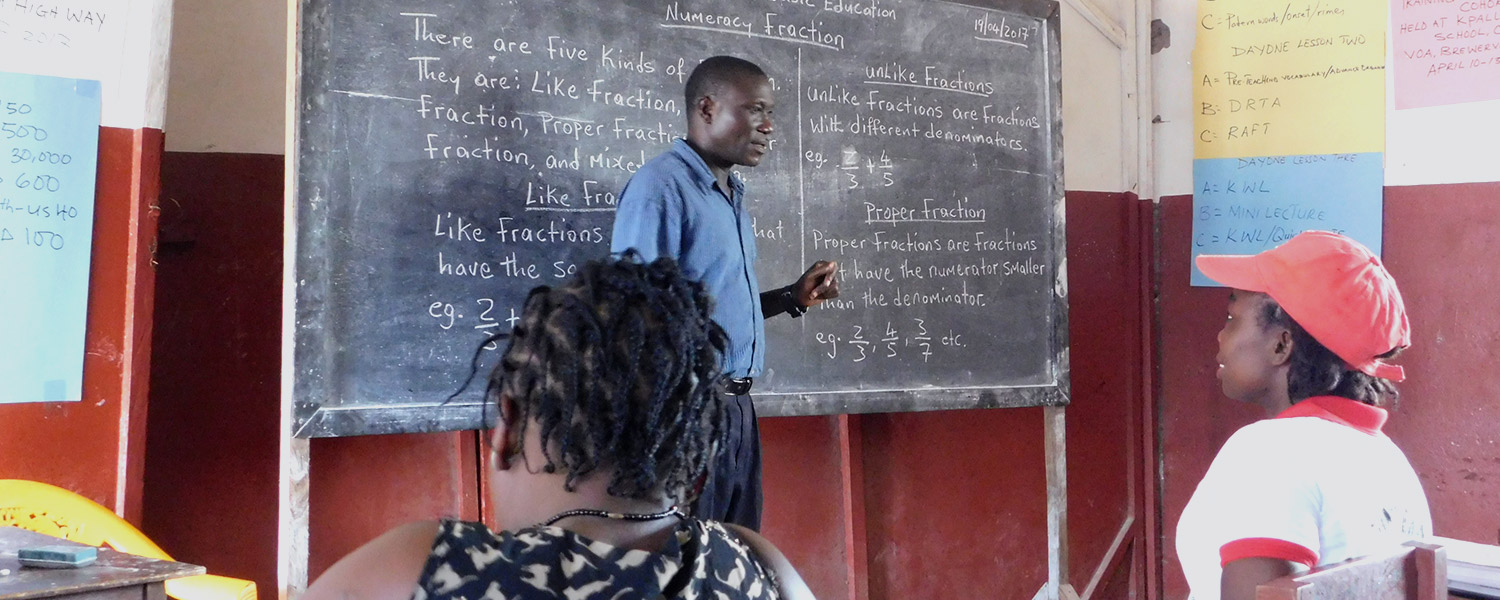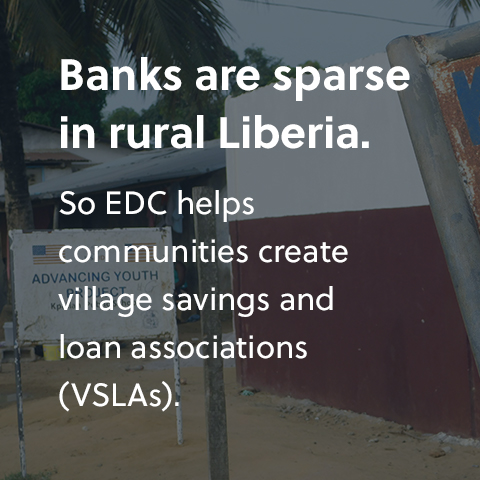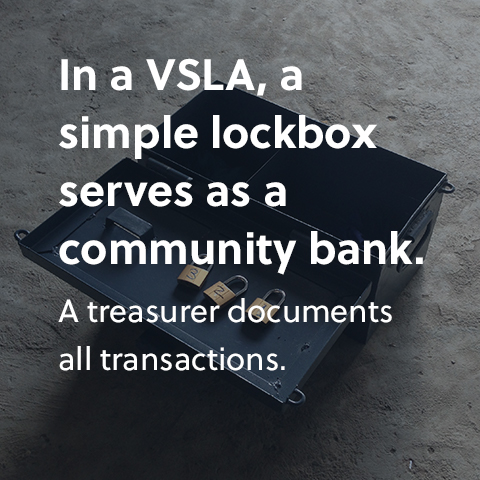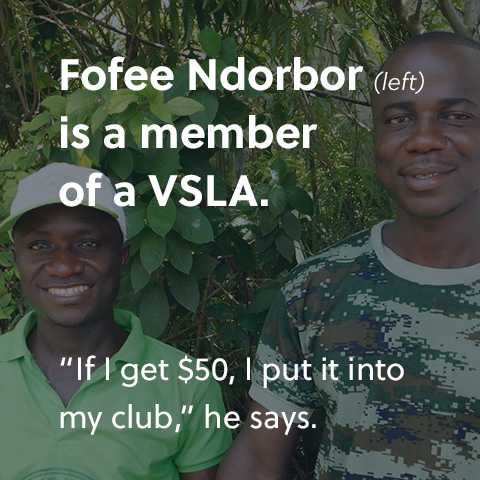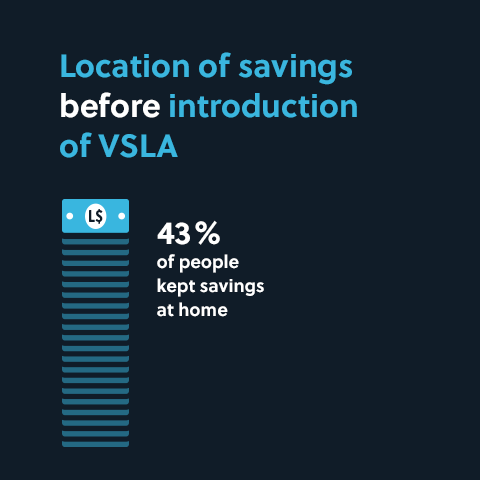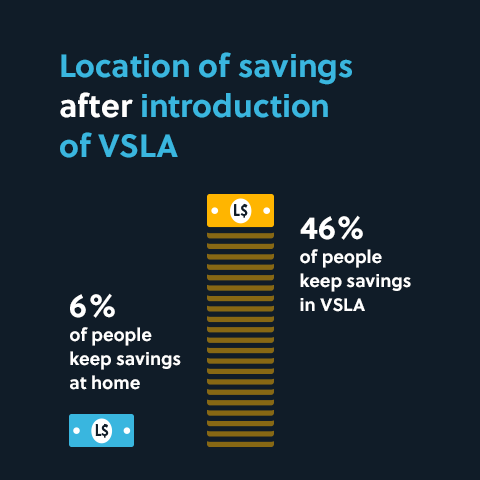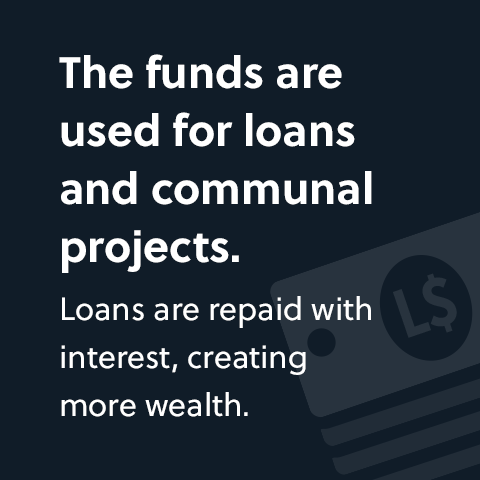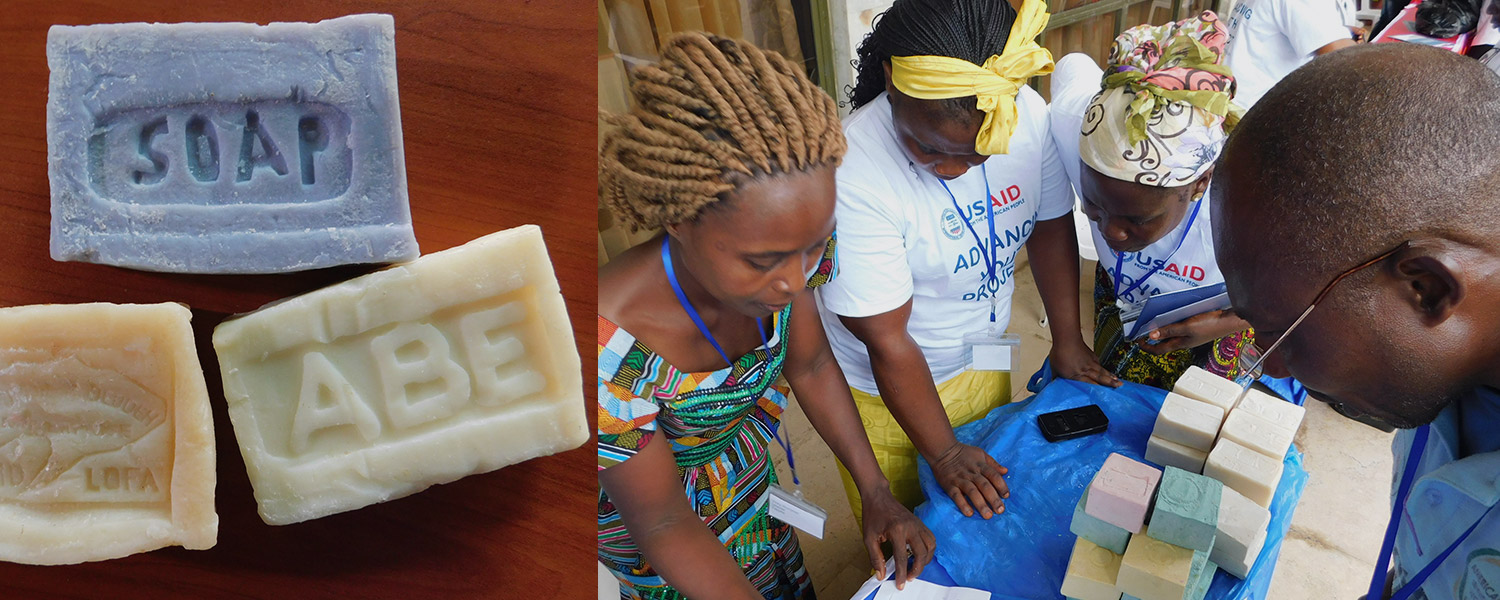Education on the Rise in Liberia
Education on the Rise in Liberia
Liberia’s civil war concluded in 2003, but this 16-year period of strife left the country with significant wounds that have yet to heal. Among the casualties of the conflict was the forced closure of most schools, robbing an entire generation of the chance for a formal education.
This generation has now reached adulthood. And as Liberia embarks on an ambitious effort to revamp education for all—an effort that the country’s Minister of Education has described as "mess to best"—its attempt to improve adult basic education (ABE) may be as important as anything being done in the K–12 sector. Classes in literacy, numeracy, and livelihood skills are not just giving tens of thousands of adults a second chance at an education, they are also fundamentally changing how young adults see themselves.
“You barely have to recruit for adult basic education programs in Liberia because so many people want to go to school,” says EDC’s Sarah Nogueira Sanca, who directed the USAID Advancing Youth Project, an adult basic education and workforce development program, from 2011 to 2017. The project helped more than 22,000 Liberians between the ages of 13 and 35 develop literacy, numeracy, and life and work readiness skills.
Classes in literacy, numeracy, and livelihood skills . . . are fundamentally changing how young adults see themselves.
Nogueira Sanca says that for many Advancing Youth participants, taking the project’s ABE classes gave them a sense of standing in their communities—something that many of them had never experienced before.
“Learners are proud to learn how to write their name and speak in public,” she says. “They are eager to build numeracy skills so they don’t get swindled in the market. And they want to learn skills to have a livelihood, which is a tangible thing they can use to improve their lives and build standing in their communities.”
